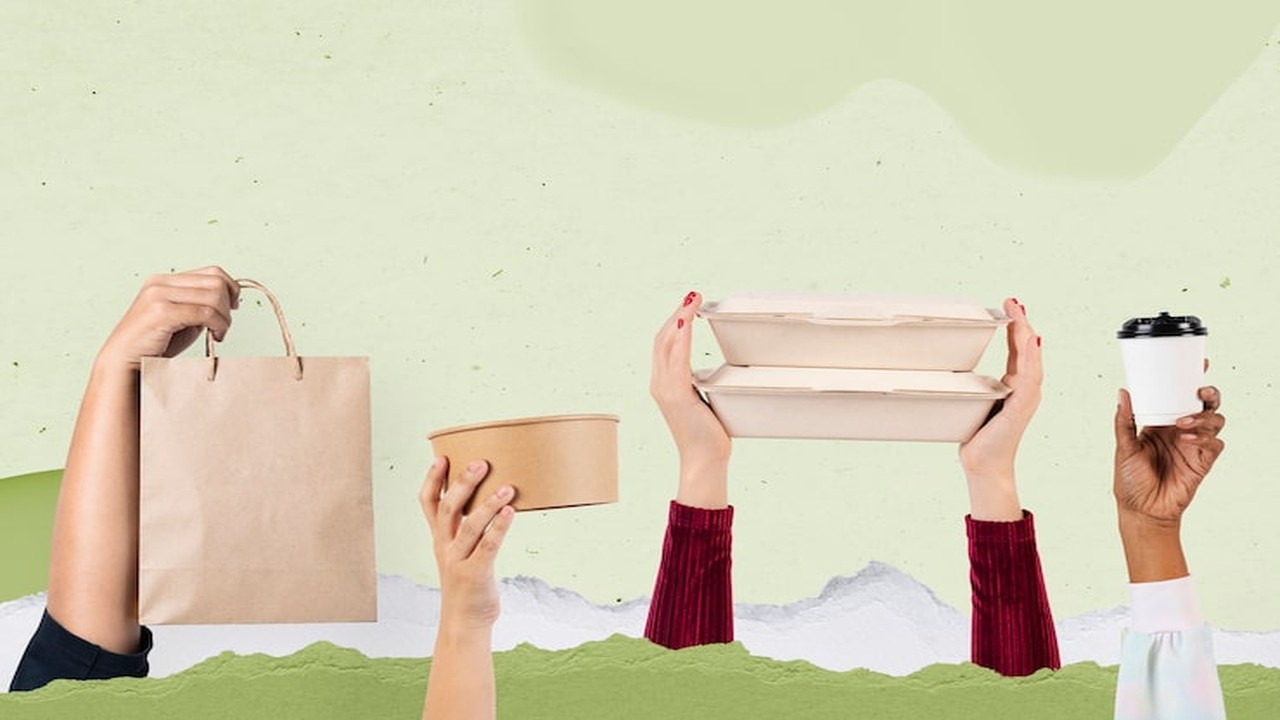 With the global push for sustainability reaching new heights, Eastman and Doloop are set to revolutionize the beverage packaging industry at Drinktec 2025 in Munich. Their partnership unveils a groundbreaking 100% recycled PET beverage bottle, showcasing a significant leap towards a circular economy. This innovative collaboration not only offers brands a scalable solution for achieving 100% recycled content in their bottles but also sets a replicable model for circular packaging across Europe and beyond. Join us as we delve into how this game-changing initiative is reshaping the future of sustainable packaging.
With the global push for sustainability reaching new heights, Eastman and Doloop are set to revolutionize the beverage packaging industry at Drinktec 2025 in Munich. Their partnership unveils a groundbreaking 100% recycled PET beverage bottle, showcasing a significant leap towards a circular economy. This innovative collaboration not only offers brands a scalable solution for achieving 100% recycled content in their bottles but also sets a replicable model for circular packaging across Europe and beyond. Join us as we delve into how this game-changing initiative is reshaping the future of sustainable packaging.
Sustainable Innovation in Beverage Packaging
The partnership between Eastman and Doloop to introduce a 100% recycled PET beverage bottle at Drinktec 2025 marks a significant milestone in sustainable packaging solutions. This innovative collaboration not only showcases a tangible step towards a circular economy but also highlights the importance of leveraging advanced materials to meet sustainability goals. By utilizing Eastman's chemically recycled PET, the beverage industry now has a scalable and real-world solution for achieving high recycled content without compromising on quality or performance. This development underscores the critical role of strategic partnerships in driving sustainable innovation within the packaging sector. Companies looking to enhance their ESG performance and reduce their environmental footprint can draw inspiration from this collaborative effort, setting a new standard for sustainable packaging practices.
Circular Economy Integration and Market Potential
The joint presence of Eastman and Doloop at Drinktec 2025 not only showcases their groundbreaking product but also emphasizes the market potential for circular packaging solutions, particularly in regions with advanced deposit-return systems like the Nordic countries. This collaboration serves as a testament to the growing demand for high-quality recycled content in the beverage industry and the need for innovative approaches to meet these evolving market requirements. By integrating chemically recycled PET into their packaging solutions, companies can not only align with regulatory standards but also proactively address future sustainability challenges. The partnership between Eastman and Doloop sets a precedent for other industry players to adopt circular, sustainable practices, driving positive environmental impact and fostering a more responsible approach to packaging production.
Supplier Collaboration and Industry Leadership
The collaboration between Eastman and Doloop underscores the importance of supplier partnerships in advancing sustainable practices within the packaging industry. By combining Eastman's expertise in sustainable materials innovation with Doloop's proficiency in PET packaging solutions, this partnership exemplifies how strategic alliances can drive meaningful change and accelerate the transition towards a circular economy. The emphasis on collaboration not only enhances product innovation but also fosters knowledge sharing and best practices across the value chain. As companies increasingly prioritize ESG goals and transparency in their supply chains, partnerships like the one between Eastman and Doloop serve as a blueprint for achieving sustainability objectives while maintaining product quality and performance standards. This collaborative approach not only benefits individual companies but also contributes to the collective effort towards a more sustainable and resilient industry ecosystem.
Innovation and Market Differentiation
The introduction of the 100% recycled PET beverage bottle by Eastman and Doloop at Drinktec 2025 highlights the role of innovation in driving market differentiation and competitive advantage. By leveraging Eastman's chemically recycled PET resin, Doloop has positioned itself as a frontrunner in sustainable packaging solutions, offering brands a unique value proposition that aligns with evolving consumer preferences for eco-friendly products. This strategic move not only showcases Doloop's commitment to sustainability but also demonstrates the market potential for innovative, environmentally conscious packaging solutions. As companies seek to differentiate themselves in a crowded marketplace and appeal to increasingly environmentally conscious consumers, investing in sustainable innovation, such as the 100% recycled PET bottle, can provide a significant competitive edge and enhance brand reputation in the long term.
Regulatory Compliance and Sustainability Standards
The partnership between Eastman and Doloop also highlights the importance of adhering to sustainability standards and regulatory requirements in the packaging industry. By utilizing Eastman's ISCC PLUS certified materials and adopting a mass balance approach, the collaborative effort ensures transparency and traceability in the sourcing of recycled content, aligning with best practices for sustainable packaging. This emphasis on regulatory compliance not only enhances the credibility of the product but also instills confidence in consumers and stakeholders regarding the environmental impact of the packaging solution. As companies navigate an increasingly complex regulatory landscape and strive to meet evolving ESG goals, partnerships that prioritize sustainability, transparency, and ethical practices will play a crucial role in driving industry-wide transformation towards a more sustainable future.
Conclusion
The groundbreaking collaboration between Eastman and Doloop at Drinktec 2025 heralds a new era of sustainable packaging, showcasing the transformative power of circular economy integration and supplier collaboration in driving innovation. This partnership not only sets a replicable model for circular packaging practices but also underscores the market potential and regulatory compliance imperative in the beverage industry. As companies strive for differentiation and regulatory alignment, embracing sustainable innovation like the 100% recycled PET bottle becomes not just a strategic choice but a compelling necessity to meet evolving consumer demands and sustainability goals. This initiative challenges industry norms, inspires collective action, and propels us towards a more responsible and resilient future in packaging production.